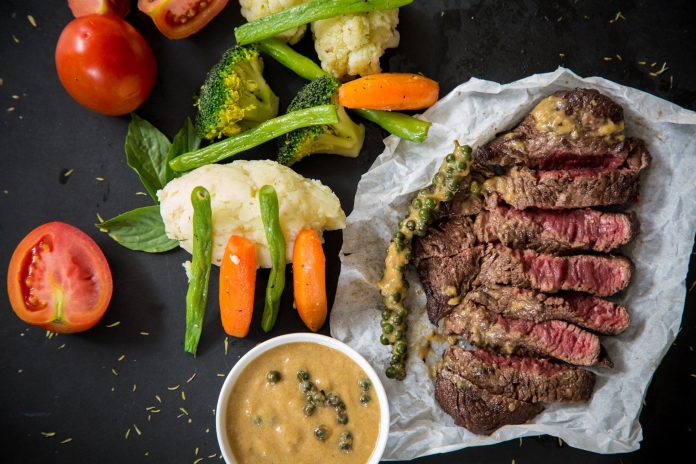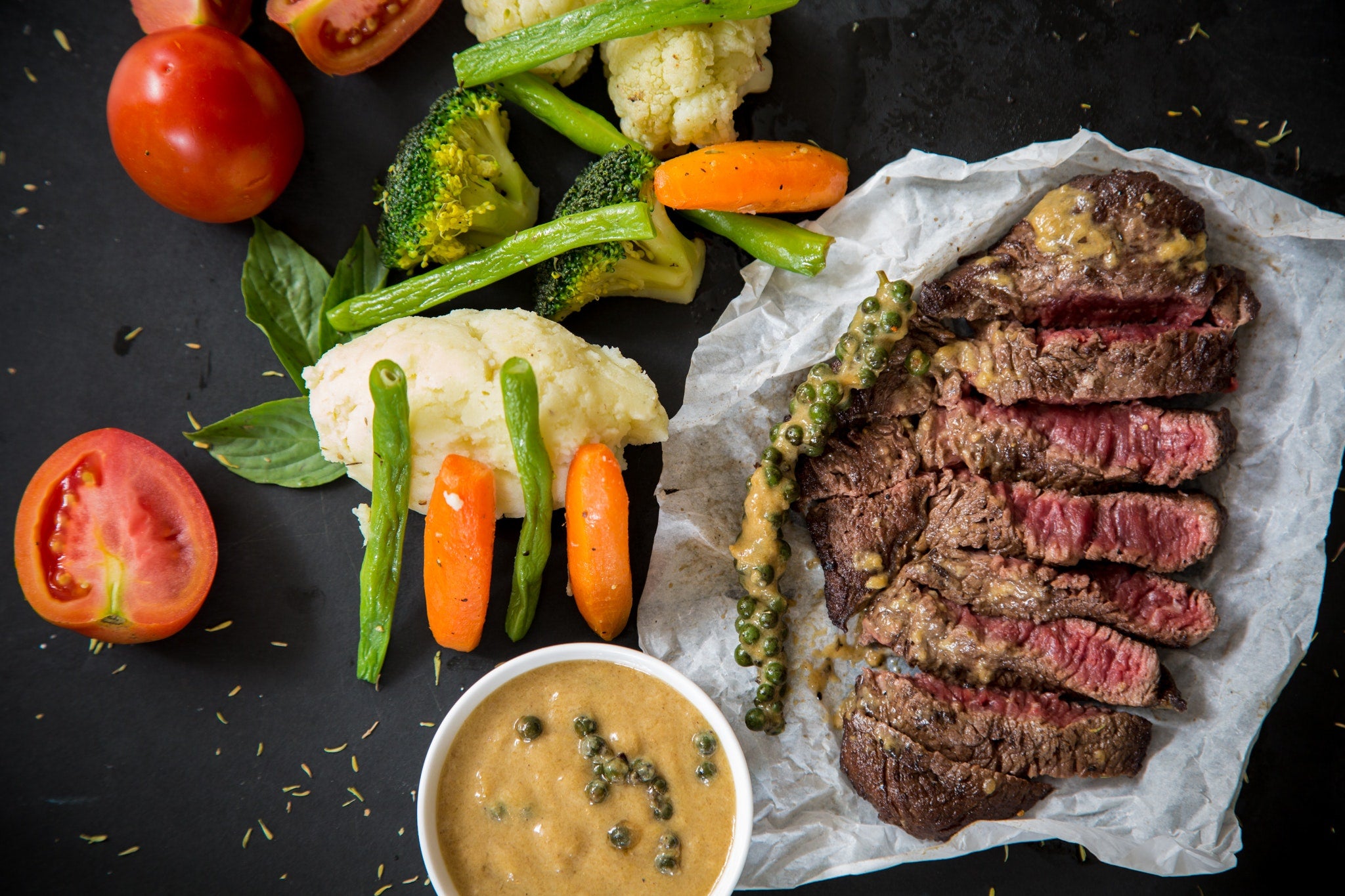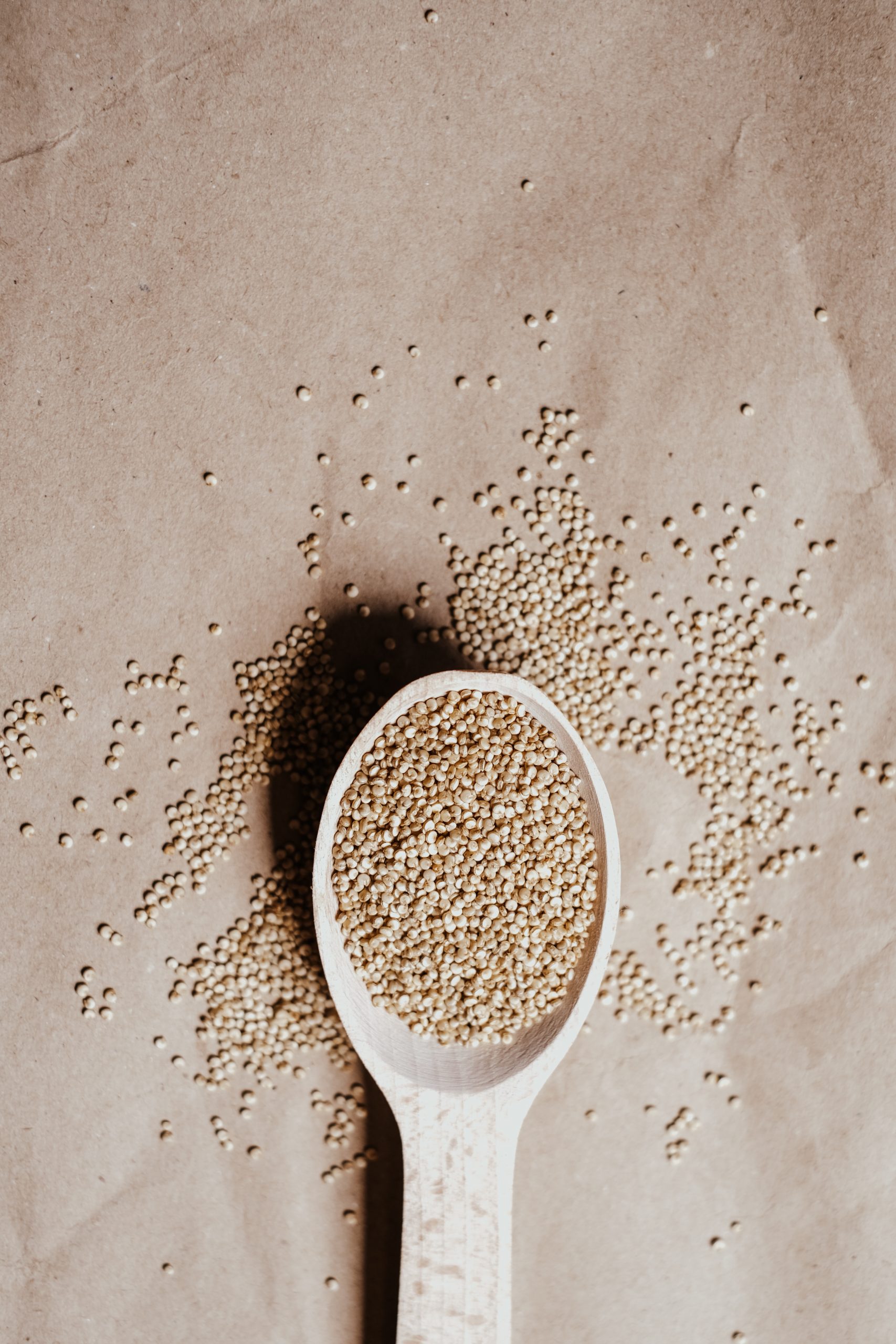Even if the meat is delicious and we love it, consuming it daily is not very recommended. But if we don’t have to consume it regularly, how can we survive? Well, rest assured, currently there are a number of healthier alternatives to meat. Find out all there is to know about it below.
Why limit meat consumption?
Meat is a food rich in iron. Therefore, if we consume too much, we risk having an excess of iron in our blood. However, this changes the walls of the arteries and considerably increases the risk of cardiovascular disease. In addition, consuming excess meat also increases the risk of colon cancer.
But still, meat contains fats rich in pro-inflammatory acids. So, if you eat meat too often, you risk having inflammatory reactions throughout your body. Finally, the more meat we eat, the less plant protein we consume. In this sense, there is a risk of suffering from deficiencies in fiber and omega 3 fatty acids. But if these are the advantages of reducing meat consumption, what are the other interesting alternatives?
What are the alternatives to meat
Eggs
Eggs are a natural source of protein. An egg of a fairly large size is made up of 70 calories. The egg alone can meet the majority of our nutritional needs. It should therefore be integrated into our daily meals. Besides this, eggs also contribute to eye health, help you manage your weight better, and improve muscle strength.
Fish
What makes fish a good alternative to meat is that it is low in fat and cholesterol. Fish is also rich in calcium as well as vitamins B, A and D. If you want to adopt a healthy diet, fish can therefore be one of your best allies. There are also fish rich in oil which are excellent sources of omega 3 fatty acids (fatty acids that our metabolism cannot make on their own).
Quinoa
Rich in nutrients and gluten-free, quinoa is a more than interesting alternative to meat. This is because quinoa is made up of more nutrients (protein, copper, phosphorus, zinc, vitamin, etc.) than any grain. In addition, the quinoa gives an effect of satiety. Quinoa is also a great anti-oxidant and contributes to better heart health and helps fight diabetes.
















